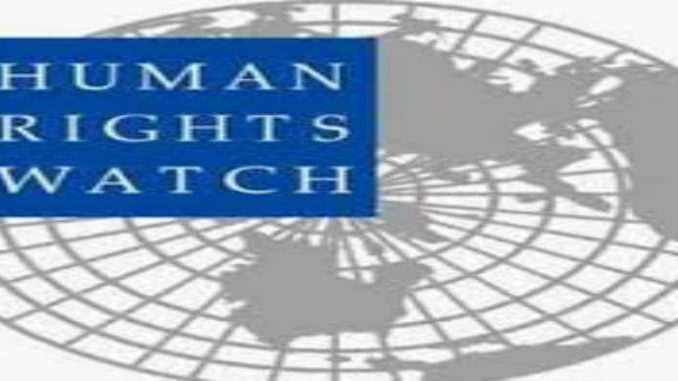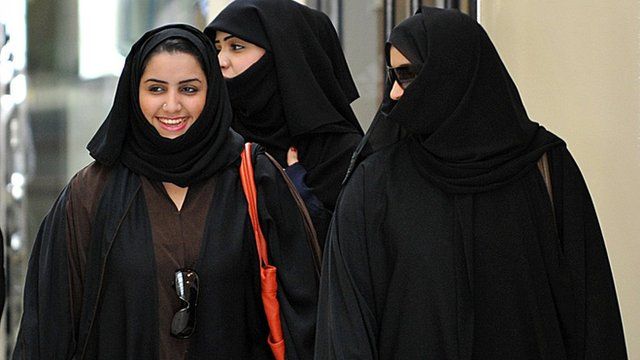
Human Rights Watch has accused Israel and Egypt of systematically preventing rights workers from investigating abuses in the Gaza Strip.
On Monday, Human Rights Watch (HRW) published a report excoriating the governments of Israel and Egypt for blocking rights workers’ access to the Gaza Strip.
The new report also cast doubt on Israel’s promise to conduct its own inquiry.
According to the report, this not only calls into question Israel’s pledge to let international observers investigate possible abuses but hinders the work of aid programs the 2 million people in the area may rely on for survival.
The report reads, “For the last two decades and especially since 2007, Israel has kept the Gaza Strip mostly closed, preventing Palestinians from leaving Gaza to pursue educational and professional opportunities, family visits and reunification, and medical care, save on an exceptional basis.”
Moreover, the situation turned worse since 2013 said the HRW, which stated in the report that Egypt has placed “severe travel restrictions” on its border with Gaza, effectively trapping Palestinians inside and, like Israel, stopping workers from their organization and Amnesty International from gaining access to the territory.
Both governments claim that these measures are necessary for their security since Hamas movement took control of the region in 2007.
Moreover, the international rights group said that the restrictions have also prevented prosecutors from the International Criminal Court (ICC) from getting involved.
Although Israel has said it is conducting its own investigation and that there in no need for an ICC inquiry, the HRW report was highly skeptical of this claim.
Sari Bashi, head of Israel and Palestine advocacy at HRW, said ,”If Israel wants the ICC prosecutor to take seriously its argument that its criminal investigations are adequate, a good first step would be to allow human rights researchers to bring relevant information to light.”
In addition, while HRW recognized that Cairo is not beholden to protect Palestinians, it highlighted that Egypt’s policies were making a desperate situation even worse.
Bashi called on Israel and Egypt “change their policies to protect the vital work of human rights groups seeking to protect Palestinians and Israelis from abuses.”
HRW said, Amnesty International employees were kept away from Gaza by both the Egyptian and Israeli governments, forced to conduct an investigation remotely using locally hired workers who provided “meaningless” research.
For example, during the 2014 war, neither Israel nor Egypt allowed an external weapons expert to enter Gaza, leaving Palestinian human rights groups to rely on a weapons expert from the Gaza authorities’ police force to analyze forensic evidence from the fighting, according to the report.
In the end, the report called both countries to the facilitate travel for human rights workers as restrictions hinder the potential of human rights workers to carry out their work.



